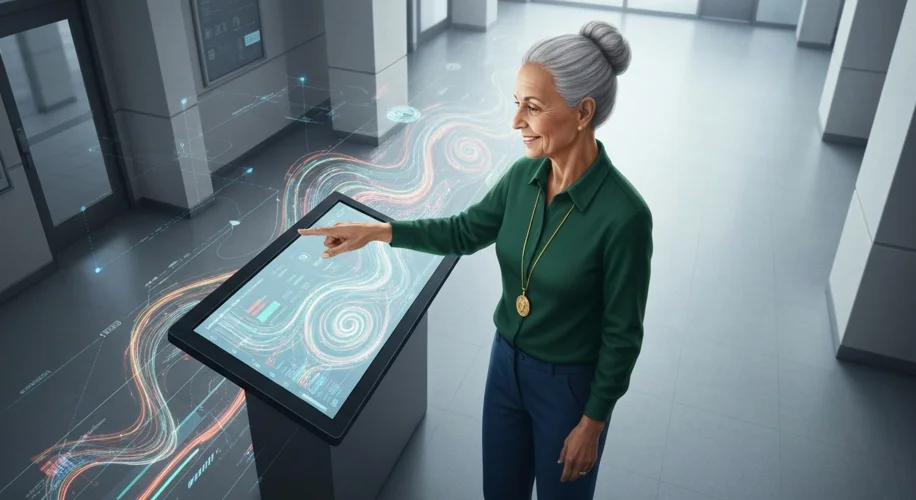Okay, so hear me out…
We’ve all seen the headlines: AI is coming for our jobs. It’s a big topic, and honestly, it can feel a little scary. But let’s be real, technology has always changed how we work. Remember when spreadsheets replaced a ton of manual accounting? This is kind of like that, but with a digital twist.
Today, I want to dive into the medical coding world. It’s a field where accuracy and detail are everything, and it’s one of the areas people are talking about when it comes to automation.
What is Medical Coding, Anyway?
Basically, medical coders translate patient information – like diagnoses, treatments, and procedures – into universal alphanumeric codes. These codes are super important. They’re used for billing insurance companies, tracking patient history, and even for public health research. Think of it as the secret language of healthcare.
Enter AI and Automation
Now, AI and automation tools are getting really good at pattern recognition and data processing. They can analyze vast amounts of text and identify key information much faster than a human. For medical coding, this means AI can potentially read doctor’s notes, identify the relevant procedures, and assign the correct codes.
So, Does This Mean AI is Taking Over?
It’s not quite that simple. While AI can automate a lot of the more repetitive tasks, like assigning straightforward codes, there are still a lot of human skills involved in medical coding that are hard to replicate.
For starters, medical documentation can be complex and sometimes ambiguous. A human coder can use their understanding of medical terminology, context, and even ask for clarification when needed. They can also navigate payer-specific rules and regulations, which can be super intricate.
Plus, there’s the human element of critical thinking and problem-solving. If an AI assigns a code that doesn’t quite seem right based on the full patient record, a coder needs to step in and figure out the discrepancy. It’s less about replacement and more about augmentation – AI handling the heavy lifting so coders can focus on the more complex cases.
Job Security and Adaptation
This shift definitely brings up questions about job security. It’s true that the way medical coders work is changing. Instead of spending all day manually assigning codes, coders might shift towards reviewing AI-generated codes, auditing for accuracy, and handling the exceptions.
This means adaptation is key. For those in the field, staying updated on new technologies and honing skills in areas like complex case analysis, auditing, and even understanding how these AI tools work can be a big advantage. Think of it as learning to work with the technology, not against it.
For new people looking to enter the field, the focus might shift from pure data entry to more analytical and oversight roles. It’s about understanding the nuances that even the smartest AI might miss.
What’s the Takeaway?
AI is definitely making its mark on industries like medical coding, but it’s not an overnight takeover. It’s more of an evolution. The core need for accurate medical information and the complex skills to ensure that accuracy remain. The tools are changing, and so will the roles, but human expertise will likely still be crucial for a long time to come.
What are your thoughts on AI impacting specific job roles? Drop them in the comments below – I’m curious to hear your take!

